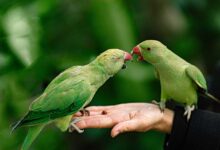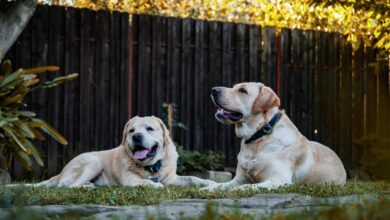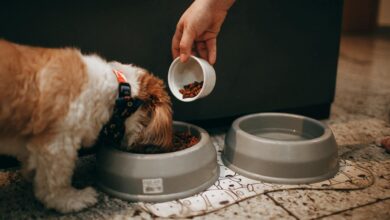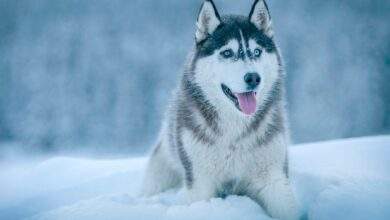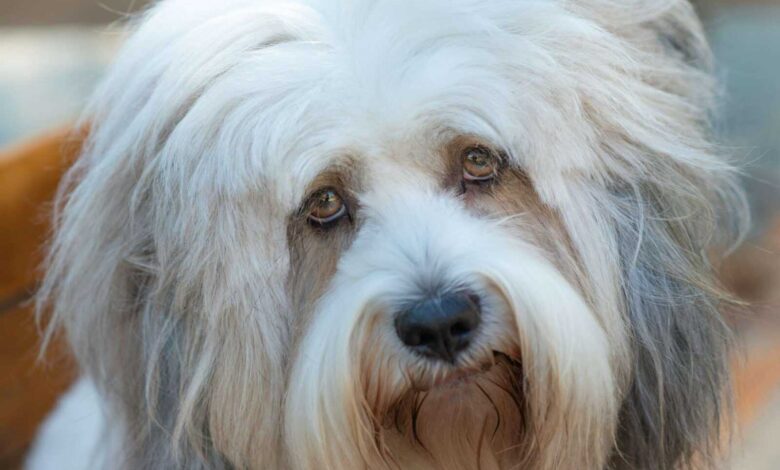
Dog dandruff, also known as seborrhea or canine seborrheic dermatitis, is a common condition that affects dogs of all breeds and ages. While it may seem like a minor issue, dandruff can indicate underlying health concerns and discomfort for your furry friend. In this guide, we’ll explore the causes, symptoms, and treatment options for dog dandruff to help you better understand and address this condition.
Causes of Dog Dandruff
Dry Skin
- Dry skin is one of the most common causes of dandruff in dogs. Environmental factors such as low humidity, frequent bathing with harsh shampoos, or exposure to dry air can lead to flaky, irritated skin.
Allergies
- Allergies to environmental allergens, such as pollen, dust, or certain foods, can trigger inflammation and dandruff in dogs. Food allergies, in particular, are often associated with skin issues, including dandruff.
Parasites
- External parasites like fleas, ticks, and mites can irritate the skin and lead to dandruff as a secondary symptom. It’s essential to regularly check your dog for signs of infestation and use appropriate preventive measures.
Underlying Health Conditions
- Certain medical conditions, such as hormonal imbalances, thyroid disorders, or autoimmune diseases, can contribute to dandruff in dogs. In some cases, dandruff may be a symptom of an underlying health issue that requires veterinary attention.
Symptoms of Dog Dandruff
Flaky Skin
- The most noticeable symptom of dog dandruff is flaky or scaly skin, which may appear as white or yellowish flakes on your dog’s fur, bedding, or clothing.
Itching and Scratching
- Dogs with dandruff often experience itching and scratching due to skin irritation. Excessive scratching can further aggravate the skin and lead to secondary infections.
Redness and Inflammation
- Dandruff may be accompanied by redness, inflammation, or hot spots on the skin, indicating underlying irritation or allergic reactions.
Dry or Oily Coat
- Depending on the underlying cause, dogs with dandruff may exhibit a dry, dull coat or excessive oiliness and greasiness.
Treatment Options for Dog Dandruff
Regular Grooming
- Regular grooming is essential for managing dog dandruff. Brushing your dog’s coat regularly helps remove dead skin cells, distribute natural oils, and stimulate blood circulation to the skin.
Moisturizing Shampoos
- Using moisturizing shampoos specifically formulated for dogs with dry or sensitive skin can help hydrate the skin and alleviate dandruff. Look for products containing ingredients like oatmeal, aloe vera, or coconut oil.
Dietary Supplements
- Omega-3 fatty acids, such as fish oil supplements, can help improve skin and coat health in dogs. Consult with your veterinarian to determine the appropriate dosage and formulation for your dog’s needs.
Addressing Underlying Health Issues
- If dandruff persists despite home remedies, it’s essential to consult with a veterinarian to rule out underlying health conditions and develop a tailored treatment plan. Diagnostic tests may be necessary to identify and address the root cause of the dandruff.
Prevention Tips for Dog Dandruff
Maintain a Healthy Diet
- Providing a balanced diet rich in essential nutrients is crucial for maintaining your dog’s overall health and skin condition. Choose high-quality dog food formulated to support skin and coat health.
Hydration
- Ensure your dog has access to clean, fresh water at all times to prevent dehydration and maintain skin hydration.
Environmental Control
- Minimize your dog’s exposure to potential allergens, pollutants, and harsh chemicals that may exacerbate dandruff. Use hypoallergenic bedding, avoid scented grooming products, and provide a clean living environment.
Regular Veterinary Checkups
- Schedule regular veterinary checkups to monitor your dog’s health and address any potential issues early on. Your veterinarian can provide personalized recommendations for managing dandruff and maintaining your dog’s well-being.
Providing Relief for Your Dog’s Dandruff
Dog dandruff can be a source of discomfort and concern for both dogs and their owners, but with proper care and attention, it can be managed effectively. By understanding the causes, symptoms, and treatment options for dog dandruff, you can provide relief for your furry companion and promote their overall skin and coat health.
FAQs: Dog Dandruff
Q1: Is dog dandruff contagious to humans or other pets?
- A1: No, dog dandruff is not contagious to humans or other pets. It is a common skin condition caused by various factors such as dry skin, allergies, or underlying health issues.
Q2: Can I use human dandruff shampoo on my dog?
- A2: It’s not recommended to use human dandruff shampoo on dogs, as the ingredients may be too harsh or inappropriate for their skin. Instead, opt for dog-specific shampoos formulated to address dandruff and maintain a healthy coat.
Q3: How often should I bathe my dog with dandruff?
- A3: The frequency of bathing depends on your dog’s individual needs and the severity of the dandruff. In general, bathing your dog once every 4-6 weeks with a moisturizing shampoo can help alleviate dandruff without stripping their skin of natural oils.
Q4: Can diet affect my dog’s dandruff?
- A4: Yes, diet plays a significant role in skin health for dogs. Ensuring your dog receives a balanced diet with essential nutrients, including omega-3 fatty acids, can help improve skin condition and reduce dandruff. Consult with your veterinarian for dietary recommendations tailored to your dog’s needs.
Q5: When should I be concerned about my dog’s dandruff?
- A5: If your dog’s dandruff persists or is accompanied by other symptoms such as excessive itching, redness, or hair loss, it’s essential to consult with a veterinarian. Persistent dandruff may indicate underlying health issues that require professional evaluation and treatment.
If your dog is experiencing dandruff or skin issues, consult with your veterinarian for personalized guidance and treatment recommendations. With the right approach, you can help your dog overcome dandruff and enjoy a happy, healthy life.

